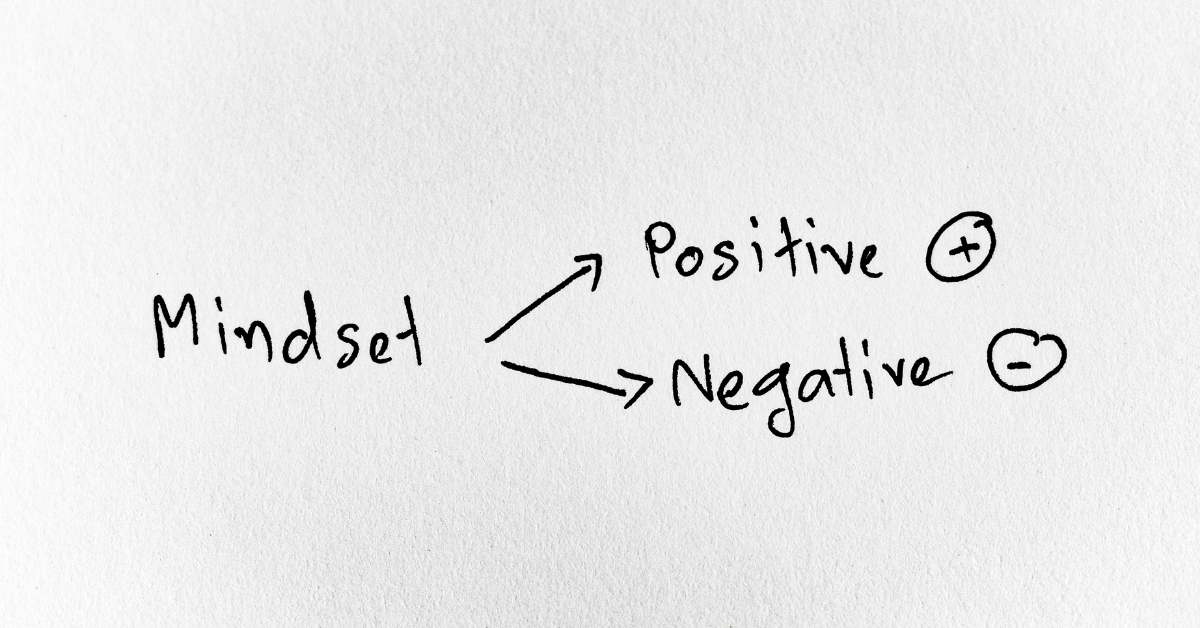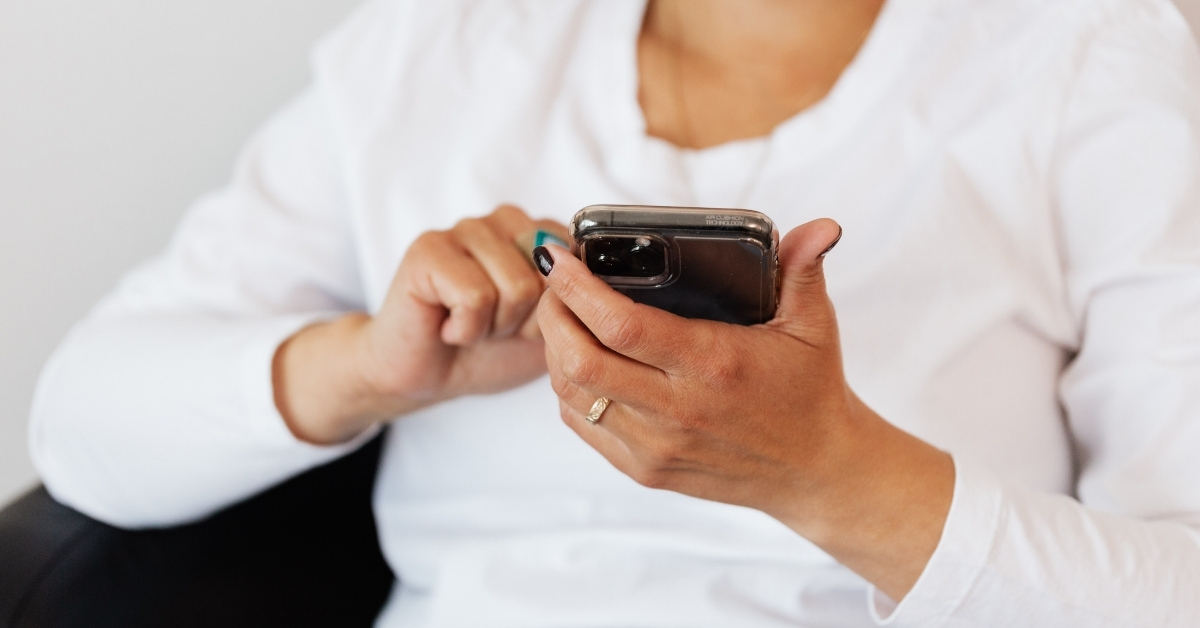33% of People over Age 45 Struggle with This Mental Health Problem
33% of people over age 45 struggle with this mental health problem.
Anxiety? Depression? Self-Esteem? Those would all be great guesses, but nope, to all 3.
The answer is a little more unexpected. It is loneliness. It is becoming an ever-greater issue with COVID beginning to take off in our area.
Loneliness is a highly overlooked area in mental health. Over 100 studies show that loneliness leads to a 50% increase in the risk of death.
Professor Julianne Holt-Lunstad discussed her two meta-analyses (a statistical analysis used to examine a collection of studies) at the American Psychological Association’s 125th Annual Convention. Based on the strength of her results, Holt-Lunstad concluded that social connection is a basic human need.
And if you take a moment to think about it, her point has quite a bit of merit. Otherwise, we wouldn’t live in communities, find partners, and start families. Instead, we may be living in a very different world—perhaps in which we lived alone in the bush with a shotgun telling people to “move along” at the first sign of another human.
How do so many—33% of those over 45–struggle with social loneliness?
Holt-Lunstad points to two statistics that may help to understand the prevalence of loneliness — in the U.S.: more than 25% of Americans live alone, and over 50% of the U.S. population is unmarried.
However, despite Dr. Holt-Lunstad’s use of U.S. statistics to help explain the prevalence of loneliness, her study used global data, suggesting that loneliness is a worldwide problem.

Take-Home Message
Loneliness is a significant mental health issue that can become more prevalent as we age.
To ward off loneliness, we need social connections. And based on the scientific literature, we feel more socially connected when interacting in person. However, due to the COVID-19 pandemic, in-person socializing is significantly more challenging, which may explain why some people struggle to follow mandated physical distancing rules and limits on social gatherings.
It’s also apparent that feelings of loneliness have helped contribute to the growing mental health challenges that have emerged since the pandemic.



